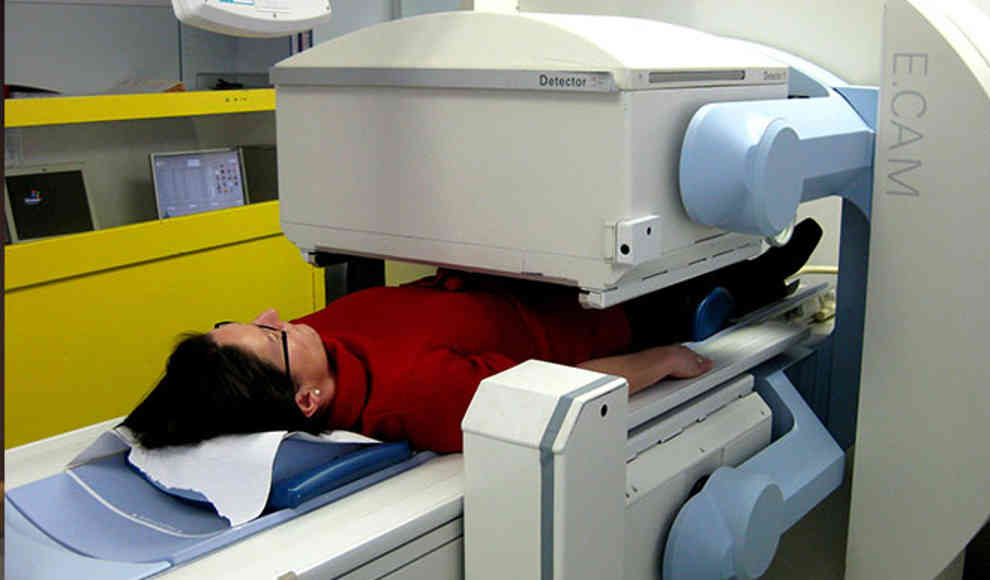New research has revealed that the MRI contrast agent gadolinium can detach from its carrier substance and accumulate in the brain. Radiologists and researchers are advising against unnecessary scans as the health consequences are currently unclear. Gadolinium is a magnetic metal that is used as a contrast agent in MRI scans due to its rare earth properties. It is injected into the vein and then distributed throughout the body, making it possible to detect hard-to-see organ structures and functions. However, the downside is that gadolinium can enter the drinking water due to its frequent use in medicine, and it is toxic. To prevent it from dissolving in the blood and harming the body, the contrast agent is bound to a carrier substance.
Recent studies have shown that gadolinium can detach from its carrier substance and accumulate in tissues, especially in the brain. Initial analyses indicate that gadolinium can still be detected in the brains of patients years after an MRI. “Patients who had four or more contrast MRIs were affected,” explains Detlef Moka of the Professional Association of German Nuclear Medicine (BDN). “The risk apparently increases with the number of examinations.” It is currently recommended to avoid multiple examinations, which were previously considered safe due to the lack of radiation risk. Although gadolinium is toxic, it is still unclear whether the accumulation has any health consequences. Therefore, there are currently no restrictions on the use of gadolinium-containing contrast agents.
Until new results are available, doctors are called upon to be even more conscientious than before in examining whether the use of a contrast agent with gadolinium is necessary before each examination. The possible consequences of accumulation are currently being investigated by the US Food and Drug Administration (FDA). The Professional Association of German Nuclear Medicine advises using contrast agents only for unavoidable examinations.










